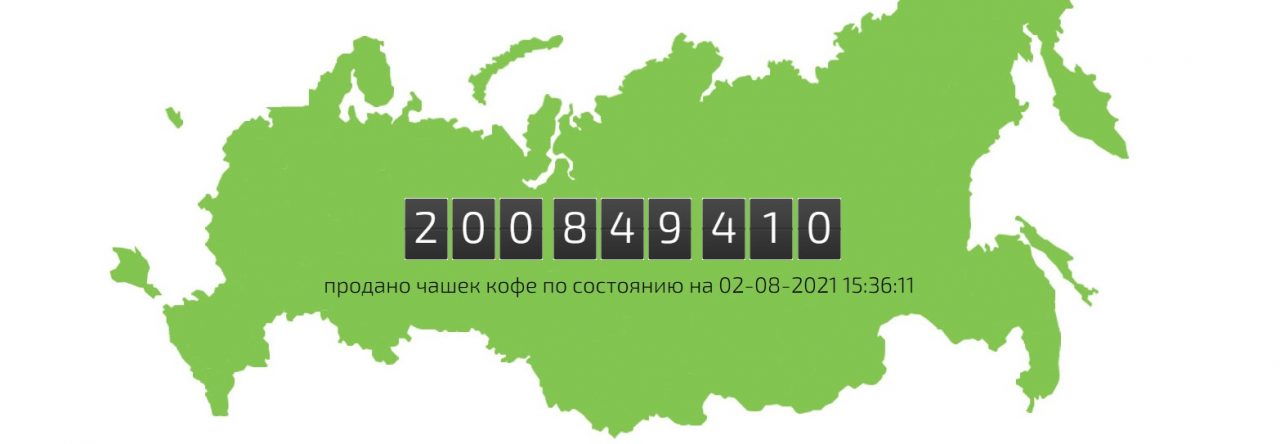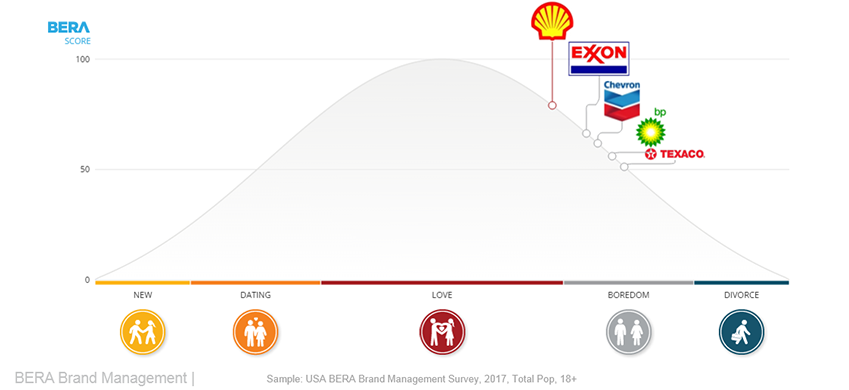Fast-food industry and c-stores are shaping the lifestyle of on-the-go consumers. They have always been looking for portable and more convenient snacks. So, it seems like there is nothing new in the foodservice at first sight. However, catering starts playing a huge role when it comes to customers’ loyalty and satisfaction. Why do fast-food and c-store chains really need catering? How can it be helpful?
Tag: non-fuel businesses
Originated in the United States at the beginning of the 90s, the fast-casual concept has grown into a new dining trend. Spotted by some biggest names in the fast-food industry like KFC and McDonald’s, the legendary concept has launched the new revival for the entire niche covering huge areas from the world’s biggest metropolises to entire countries. What’s the fuss all about?
Although the loyalty programs have proved to be a powerful tool for c-stores looking for the slightest chance to attract new customers, most of them make several common mistakes that doom their programs to failure. What are those mistakes and how to avoid them? Read more in our article.
The latest research has revealed top 5 most loved gas station chains in the United States. Shell takes the lead followed by some other big names in the fuel industry including EXXON, BP and some more. However, leaders should hardly lay back and be satisfied with the state of thing. All 5 companies are inevitably approaching the “boredom” stage. What is it and what are the steps to avoid that stage?
Defining an industry is crucial for c-store chains as well as independent retailers. According to the latest report, the level of foodservice in the United States is not as high as it may seem. 89% of players are still on the basic level of their development able to offer only some fundamental products, snacks, drinks and customer service.
The world’s coffee giant seems to have serious intention to conquer the Chinese coffee market by means of mobile technologies. The company is launching its new “Sayitwith Starbucks” service in collaboration with the largest social network in China featuring over 846 million users.
The Russian market of IoT solutions has a pronounced contrast compared to Europe and the United States in terms of ensuring connectivity of networks for M2M-technology devices. Its potential is regarded as a very high one. Therefore, analytical firm J’son & Partners Consulting in its research on the results of 2016 for the market of distributed systems and telemetry, remote monitoring and control services paid some special attention to the Russian Internet of Things market. Non-fuel businesses of filling stations may become the exemplary ones for the whole IoT industry, because the industry has a request for major changes to be made. It’s one thing when startups are looking for new items, and quite another one when such a request comes from the leaders of Vertically Integrated Oil Companies (VIOC).
What exactly J’son & Partners Consulting analysts evaluated?
Both the level of penetration and scale of systems that were examined in the study in the were assessed by the amount of wired and wireless devices in the segment of machine-to-machine (M2M), which are automatically (or with minimal human involvement) produce and transmit data collected by telemetry systems, and execute commands of these systems. Devices with built-in data processing functionality were not taken into account. The main objective of the study was to evaluate the prospects of transformation of distributed telemetry systems in the light of Internet of Things (IoT) future development.
This conversation has been translated in English with some abridgements. Full version >>
Line personnel from procurement departments is recommended to refrain from reading.
Alexander Kuzmin is an expert with over 20 years in non-fuel business of gas stations and the implementation of projects of its reorganization. With this huge experience, Alexander is ready to offer the plan for the changes to the chain of stations of the federal scale in just 30 minutes.
His partner in this conversation is the head of federal chain which is bringing together more than one thousand stations located over the entire territory of the Russian Federation. In our dialogue, he will be called the Leader.
Leader: Alexander, you promised to tell me about the most important changes that I need to carry out so that customers perceive our stations on a par with the best European chains. And you promised to do so in just 30 minutes.
Alexander Kuzmin: Before you begin the conversation i would like to clarify what are the specific goals you want to achieve?
Leader: For over the last five years there has been a significant strengthening of the position of vertically integrated oil companies, whose major shareholders are various state-controlled structures. In the eyes of the vast majority of Russian citizens oil companies and their corresponding chains of gas stations are clearly perceived as being a part of the “state”. All attemps to prove them otherwise had the opposite effect.
Alexander Kuzmin: In simple terms, Russian drivers should take your gas station as being the same as “cool” foreign ones. Is that so?






